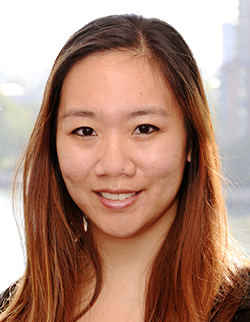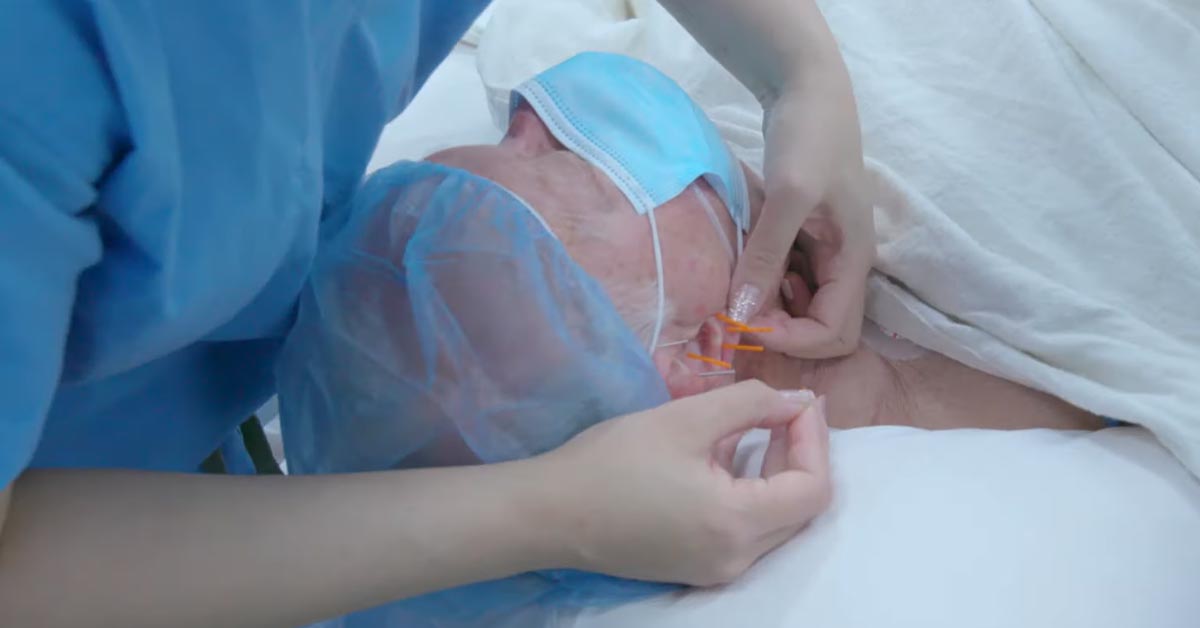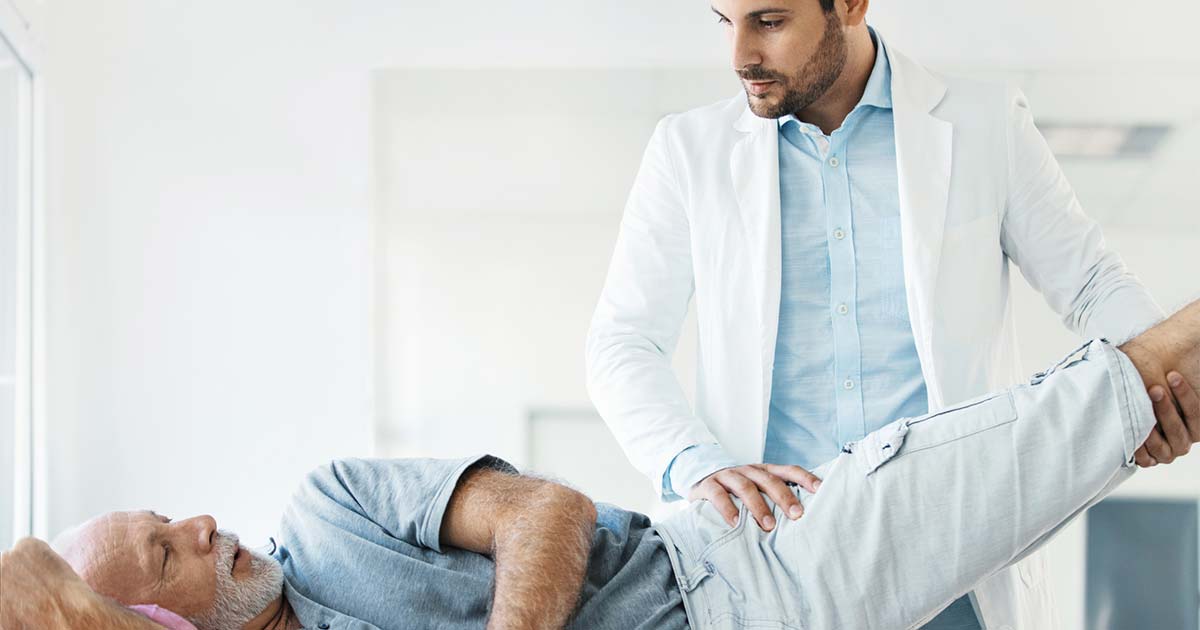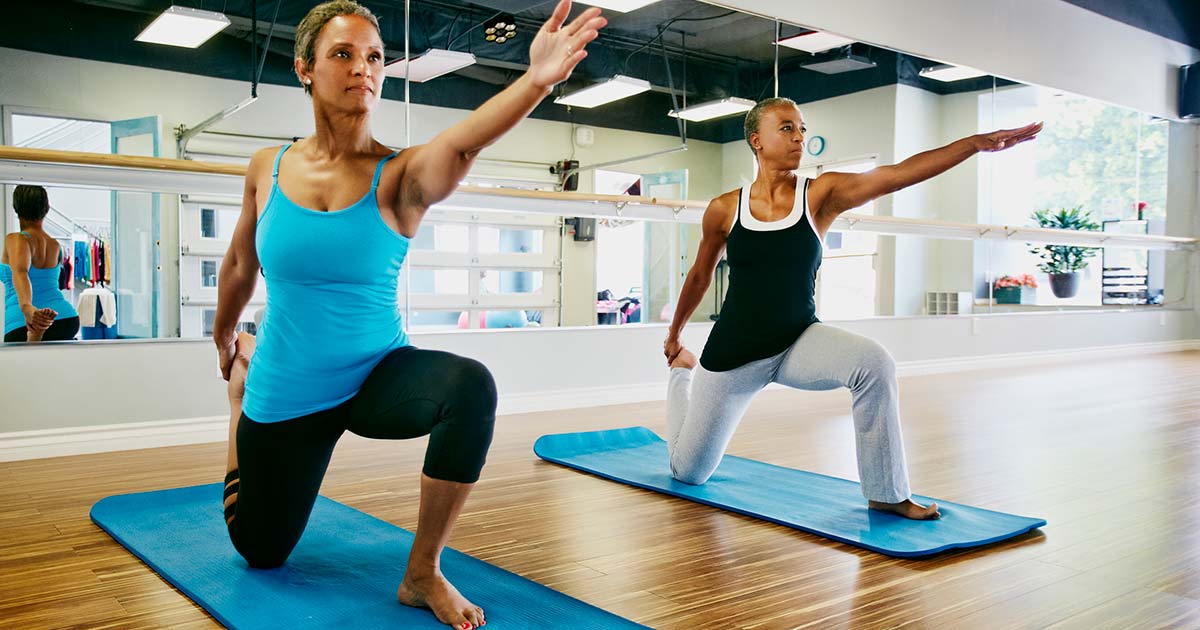Acupuncture and Surgery: A “New” Tool for Relief
Advice to improve your movement, fitness, and overall health from the world's #1 in orthopedics.
Getting back to favorite activities without pain. It’s why people seek knee replacement surgery each year at hospitals like HSS, which pioneered the first artificial human knee replacement over 40 years ago. Since then, HSS doctors like Stephanie Cheng, MD, DABMA, an anesthesiologist specializing in pain relief for orthopedic patients, have been constantly working to develop new ways to improve the surgical experience.
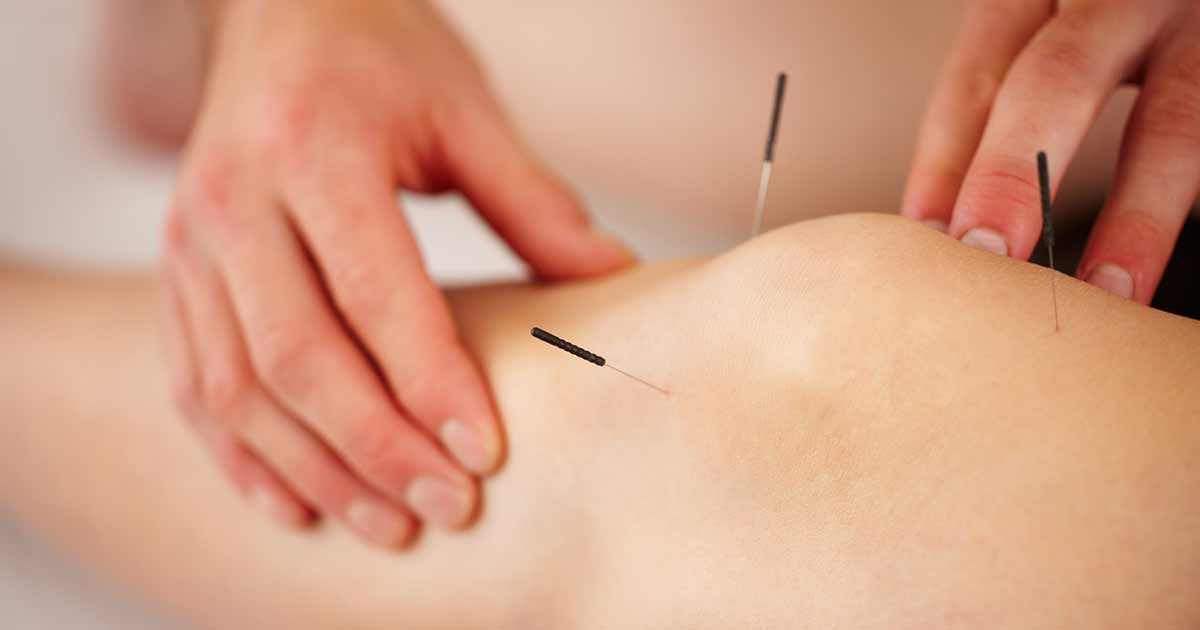
Recently, Dr. Cheng, who is also a board-certified medical acupuncturist, has been studying the use of this age-old technique to ease post-op pain and limit the use of opioids during recovery. In recent research on 41 patients, she found that 65% of those who had ear acupuncture during knee surgery were able to stay with only a low dose of the drugs (if any), compared to 9% of the historical non-acupuncture group. What’s more, everyone in the acupuncture group was off the meds within 30 days.
While pain and its relief can be very difficult to measure, seeing is believing. “One of the surgeons told me that he can tell which patients in the recovery room had acupuncture just by the looks on their faces,” says Dr. Cheng.
Here, she offers some insights into her approach and other benefits of acupuncture before, during and after surgery.
A few points about acupuncture
Acupuncture is an ancient practice used in Eastern cultures to help rebalance the body’s life energy (also called qi or chi) by stimulating specific points on the body. In the United States, acupuncture is usually used to ease muscle and bone pain, such as lower back pain and arthritis, but as Dr. Cheng has shown, there are many other possible uses.
While little has been proven about the mechanisms at play, modern theories suggest that acupuncture may be able to help:
- Promote blood flow and nervous system health
- Release healing hormones called endorphins
- Prevent nausea, constipation and headache after surgery
- Limit swelling and improve joint movement in the days after surgery
- Ease pain after surgery and in the first weeks of recovery
Understanding the knee-ear connection
For knee-replacement patients, Dr. Cheng uses electro-auricular acupuncture, which involves stimulating specific points on the outer ears with tiny needles channeling a small electrical pulse. The patients are numb from the waist down but are sedated enough to feel, but not to be aware of, when she puts the needles in place, where they remain for about an hour. (“In an awake patient, it’s an oooo feeling, not an ow feeling,” she says.)
Dr. Cheng says HSS is supporting ongoing research in this area, and she hopes to encourage more anesthesiologists and surgeons to consider acupuncture as a complementary treatment before surgery. She also recommends that patients and nonpatients alike give acupuncture a try anytime they’re looking for pain relief or preparing for a procedure. “It’s very, very safe,” she says. “And we have patients who’ve had multiple procedures in their lives telling us they’ve never felt so good after surgery.”
Finding the right acupuncturist for the job
If you’d like to find an acupuncturist near you, be sure to do your homework. Each state has its own requirements for who can perform acupuncture. (Some require you to have a medical degree, while others don’t even require certification.) Dr. Cheng recommends looking for an acupuncturist or physician with board certification from an organization like the National Certification Commission for Acupuncture and Oriental Medicine or the American Board of Medical Acupuncture.
You may also want to check with your insurance company to find out if acupuncture is covered by your plan. Due to the opioid crisis, some states recently removed these drugs from their approved treatments for chronic pain—and added acupuncture to the list. Some hospitals or specialized outpatient practices may offer acupuncture and other complementary therapies as part of the surgical plan, as they may improve the patient experience overall.
If you do choose to try acupuncture, especially if you’re healthy, don’t overanalyze your results, adds Dr. Cheng. “Getting acupuncture is often a little like taking your vitamins,” she says. “You can’t necessarily ‘feel’ it working. But that’s no reason not to ‘treat’ yourself!”
Published 1/18/2022
